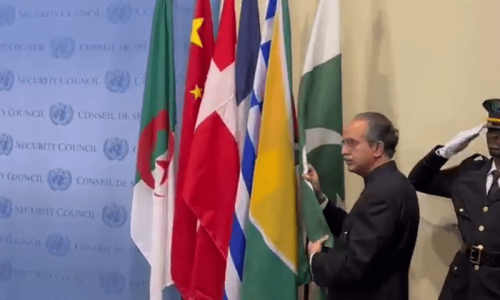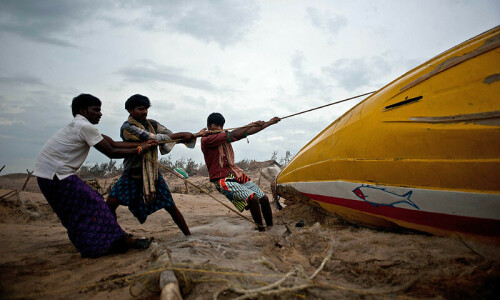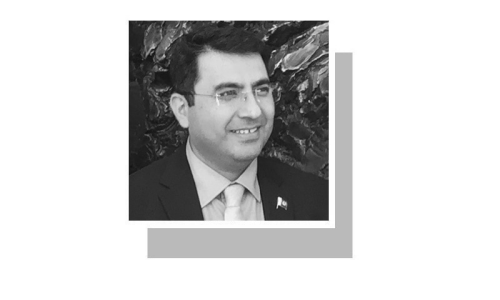PERHAPS no other ISI chief had such a deep and lasting impact on the military-civilian relationship as Hameed Gul, who died over the weekend in Murree.
Appointed by Ziaul Haq as ISI chief in 1987, Gul played a big role in organising the anti-Soviet resistance in Afghanistan during its last years and later followed it up by conceptualising and spreading a ‘jihadi’ worldview, the consequences of which are still with us.
His insight into all facets of the Afghan ‘jihad’ was legendary, and he put to good use his superb knowledge of the rivalries and hostilities among the principal militant leaders.
Take a look: Former ISI chief Hamid Gul dies of brain hemorrhage
His removal as chief of the premier spy agency by Benazir Bhutto in 1989 didn’t dampen his passions for turning this country into the bastion of an international ‘jihad’ whose consequences for Pakistan’s state and society seemed to have escaped his attention.
A dedicated soldier, he saw no contradiction in combining his professional duties with covert political activity that aimed at destabilising and overthrowing elected governments.
He didn’t hide his contempt for politicians, thought they were incapable of sharing his concept of an international ‘jihad’ and, yet, had no qualms of conscience in collaborating with the politicians of his choice. That he had supporters within the armed forces goes without saying, for he was one of three generals – the others being Mirza Aslam Beg and Asad Durrani – who helped create the IJI, an anti-Benazir alliance.
Gul later had the courage to admit his many mistakes, including the formation of the IJI. He apologised to the nation in 2006. No other general has done so.
Hameed Gul is dead but his legacy lives on, for ‘jihadi’ organisations not only exist and continue to kill Pakistanis, they still have sympathisers in the armed forces as the attacks on the GHQ, Mehran base and the naval dockyards show.
Many of the banned organisations still operate freely, and more regretfully the retired generals indicted by the Supreme Court are yet to face trial.
Published in Dawn, August 18th, 2015
On a mobile phone? Get the Dawn Mobile App: Apple Store | Google Play












































